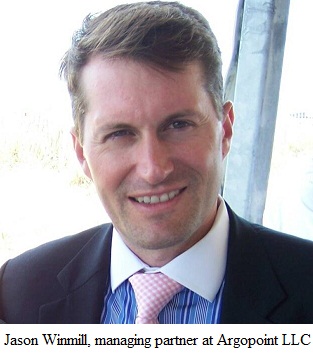|

Register
Date and Time: Wednesday, January 23, 2013 12:30 pm EST
Duration: 1 hour
Description: If you are interested in understanding how consumers search for attorneys so you can
align your marketing efforts to reach more potential clients, then this webinar is for you!
Approximately 58 million consumers sought an attorney last year*. Did they find your firm?
During this webinar, we will uncover key findings from the latest research on how consumers search
for an attorney, including: gathering information on their legal matter, finding a lawyer, validating a
lawyer, and ultimately selecting a lawyer or law firm. The increased role that online marketing plays
in the consumer search process will also be discussed.
TOPICS WILL INCLUDE:
-What are the primary ways consumers search for attorneys?
-Do they use websites, blogs and forums to find legal help?
-Do Facebook®, Twitter® and LinkedIn® play a role in the process?
-Are legal directories still relevant?
-Do consumers pay attention to peer and client ratings?
-What role do mobile devices play in their search and what does that mean for you?
*Based on a survey of 4,000 adult Internet users (Internet users comprise 78% of the US adult
population** and the US adult population comprises 235 million according to the US Census 2010)
conducted by The Research Intelligence Group (TRiG), March 2012, which found that 32% of US
adult Internet users sought an attorney in the past year, equating to an estimated 58.5 million people.
**According to The Pew Research Center’s Internet & American Life Project’s Spring Tracking
Survey conducted April 26 – May 22, 2011.
FEATURED PRESENTERS:
Rocco Impreveduto is Senior Director of Consumer Marketing at LexisNexis® Martindale-Hubbell®,
where he focuses on driving traffic and awareness for consumer brands, including Lawyers.com.
Larry Bodine is Editor-in-Chief of Lawyers.com and martindale.com®. Larry is also a former litigator,
prolific author, editor and blogger on all things legal.
|
|
Robert Hodge, a Law Firm Marketing Specialist with LexisNexis, offers 4 advantages of using Pay-Per-Click over search engine
 In this guest article,
In this guest article, 
 Steven Long
Steven Long


